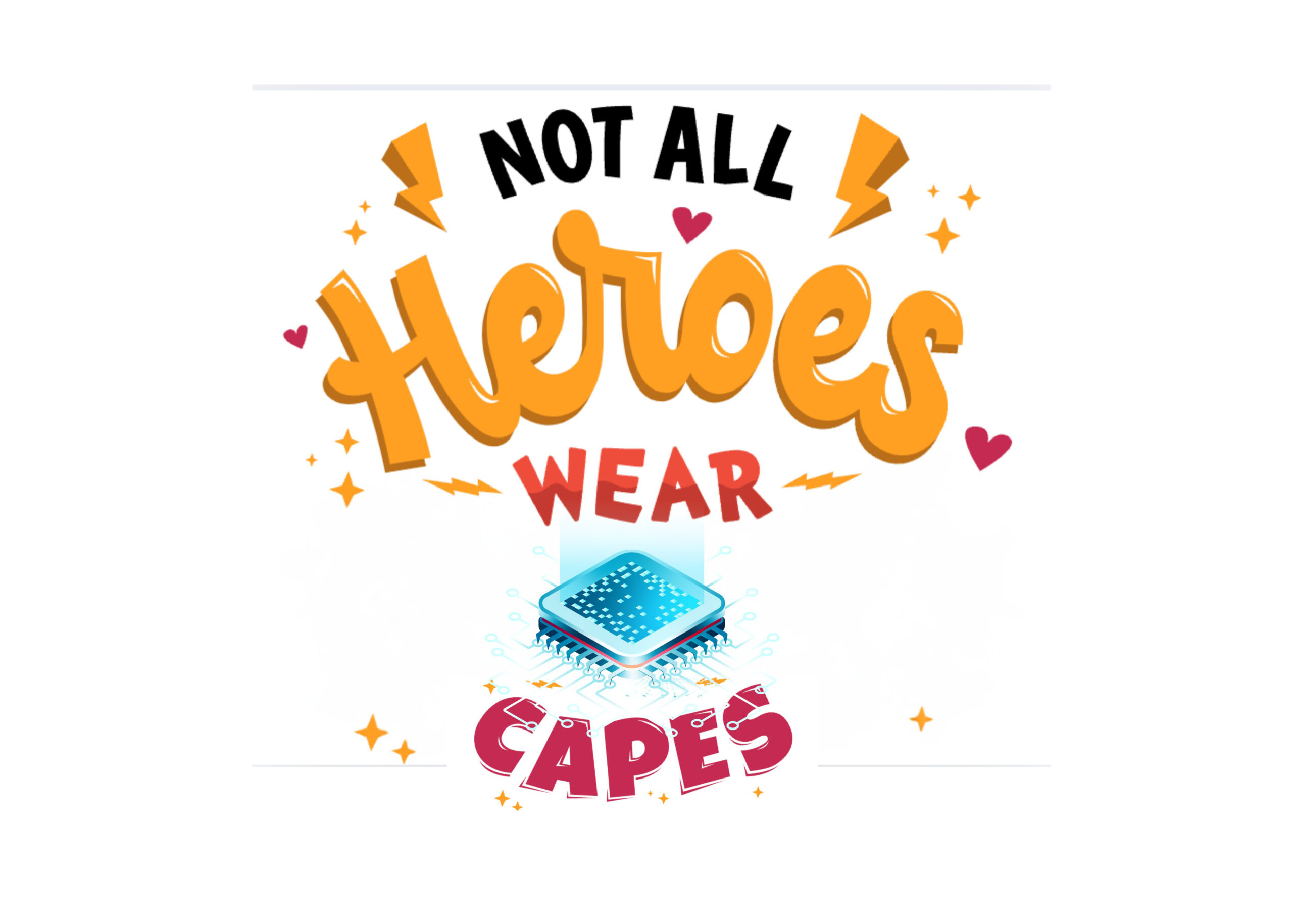Founders deserve credit and praise. So do the adventuresome employees who join soon after.
While founders often grab the headlines, early employees who follow are the fuel for the Silicon Valley innovation engine. These dedicated individuals’ roles get seriously overlooked. They often take pay cuts and sign up for longer hours with great uncertainty. They do this not for the equity or the chance to get rich. (Everyone in Silicon Valley knows that employee stock options are somewhat of a wild card, and in the majority of instances the risk-reward ratio is not in favor of an employee).
These fast-follow employees work at a startup because they enjoy the freedom of an unstructured environment where they can experiment. Plus they love creating something new and different.
As the founder and CEO, I witnessed this firsthand.
Tom, Curtis, Ron, and Mary, my initial hires, all came from startups that failed to see the light of the day. At times, they did not even get paid what they were owed, let alone getting rich. To come work for Digital Link with me, they once again accepted below-market salaries, sacrificed job security, and embraced uncertainty. Their motivation wasn’t solely financial; it was the allure of building something from scratch, the chance to make a real impact.
When the time came, and when we could afford to hire people, I assembled incredibly passionate people from the get-go. They too were pioneers, in some ways. Each one, from my first hire to my eighth, brought unique skills and a commitment to successfully launch the company.
They were willing to step outside the boundaries of their responsibilities. They also stretched beyond the boundaries of their capabilities. Some even oversold their abilities. The first employee had the confidence that he could be a technician, for which he was hired. He also believed he could be an engineer and he talked smoothly to customers. That to him, meant he could do customer support and also man the booth in the tradeshows. As a first-time CEO, I too wanted to believe that he could. Because how could I afford to hire separate individuals for each function?
In a sense, they took a chance on me, but I took a chance with them, as well. Some worked out and others did not, because they were over optimistic, and so was I. But that was the spirit which carried us forward in the initial stages. That is how I kickstarted the company with my meager resources.
In building my executive team, the character of these people was not dissimilar. The VP of R&D that I hired later shared, “While interviewing, the company lobby reminded me of a dentist’s lobby.” When I started to ask why did he join then, he said “But that is exactly what I was looking for”. He came from a very successful company, where the CEO ruled with an iron fist. The company was sold, requiring him to move away from the Bay Area. He wanted to stay. So he decided to come work for me!
Even though I had no air or gravitas about who I was, and I had never been an executive in my life – like him – my style was apparently, a breath of fresh air. He was a fast learner. He read customers well and never shied away from appearing in front of the customer. He was a good listener, admitted when he made a mistake, and gutsy to take the startup risk, when he had a young family, with a stay-home wife.
Someone I knew had given me a great reference on him without soliciting. I learned from him. He was a lucky find. I had interviewed many candidates, but hiring is never easy, especially in a startup where you have very little to offer. People join you on faith, but then as the CEO, I felt a sense of responsibility towards executives and all the employees. I did not want to disappoint them. I worked hard for them and so did they.
When we started hiring senior executives, we had VC money, so we could pay better. And we had employee benefits — not like the established companies, but a big improvement over prior years. But the challenge remained, that I had never been an executive myself. I felt ill-equipped to evaluate them and attract them.
Yet those senior executives came. Even with their impressive resumes and industry connections, they were drawn to a simple CEO like me. They saw me as an authentic boss and that was a big part of my appeal, they later shared. Our early unusual employees, executives, and I were driven by the same desire to create something extraordinary and challenge the status quo. For the executives, the startup world offered a unique opportunity to shape the future. For that they were willing to deal with personal risks.
The startup ecosystem is fueled by these unsung heroes, the early junior employees and the bigger risk-taking executives. They toil tirelessly, often not given credit for bringing innovative ideas to reality. We all had a common goal, to see the enterprise succeed. They were also dreamers, like me.


One Response
a A LOT TO LEARN FROM THIS ARTICLE ESPECIALLY FOR THOSE WHO ARE IN START-UPS IN TODAYS PRIORITY AREAS OF CYVER SECURITY, ARTIFICIAL INTELLIGENCE ETC!